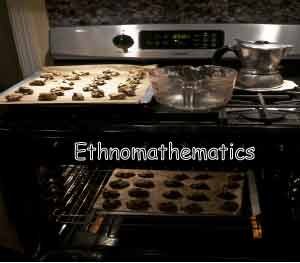
When culture, mathematics, and education activities are combined, this mixture is referred to as ethnomathematics. Many societies have different mathematical traditions and have developed various strand of mathematical thought. Teaching mathematics with respect to culture is one way to respect diversity within the classroom. Students can be personally engaged in mathematics by examining their own culture’s impact on the way they use, practice, and think about mathematics.
Mathematics within other cultures proves an opportunity for students to “put faces” on mathematics instead of erroneously thinking that mathematics is a result of some mystical phenomenon. Another word for Ethnomathematics, can also be Multicultural Mathematics:
“Multicultural Mathematics, aims to strengthen and expand students’ understanding of fundamental mathematics—number systems, arithmetic, geometry, elementary number theory, and mathematical reasoning—through study of the mathematics of world cultures.”
There are many ways to approach mathematics from a cultural perspective (e.g., biographies of mathematicians, historical development of concepts, games, children’s literature, and thematic units). Mathematics is the byproduct of human ideas, creativity, problem solving, recreation, beliefs, values and survival.
Contributions to the field of mathematics come from diverse people all over the world. Many women and people of color who made important contributions to mathematics have been overlooked.
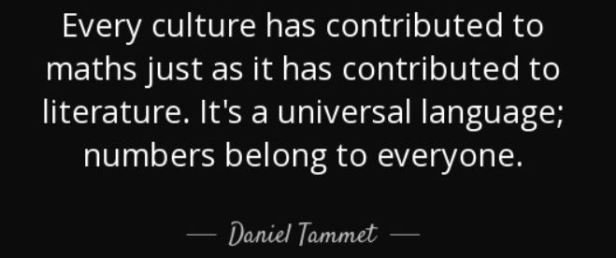
Examples:
Teaching adding, subtraction, division and multiplication in a fun way which certain cultures would find to be more useful rather than the normal 3+3 or 3 x 2
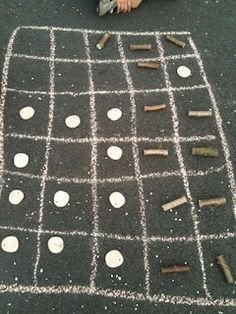
Grids and graphs, practically:
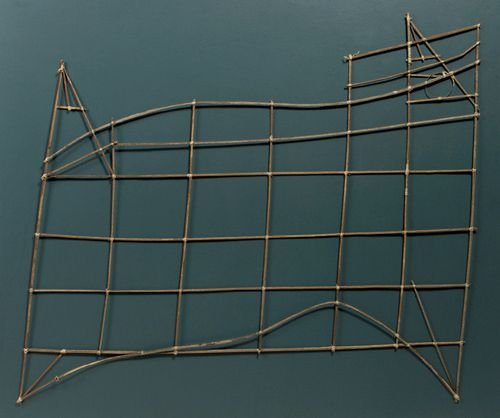
Flower mandalas for teaching design and measuring, using colors to calculate diameter, circumference and radius. By using compasses to create symmetry:
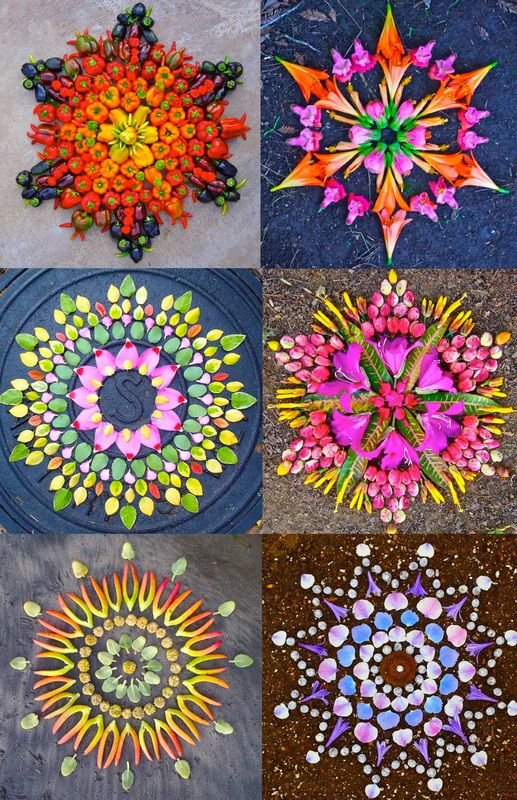
The same mathematical problem, used for different cultures over years. Breaking loose from the normal a, c, x, y :

Cookie baking mathematics! How fun! This could help a small child with + , - , x and even division which would make more sense to them than seeing it on paper:
